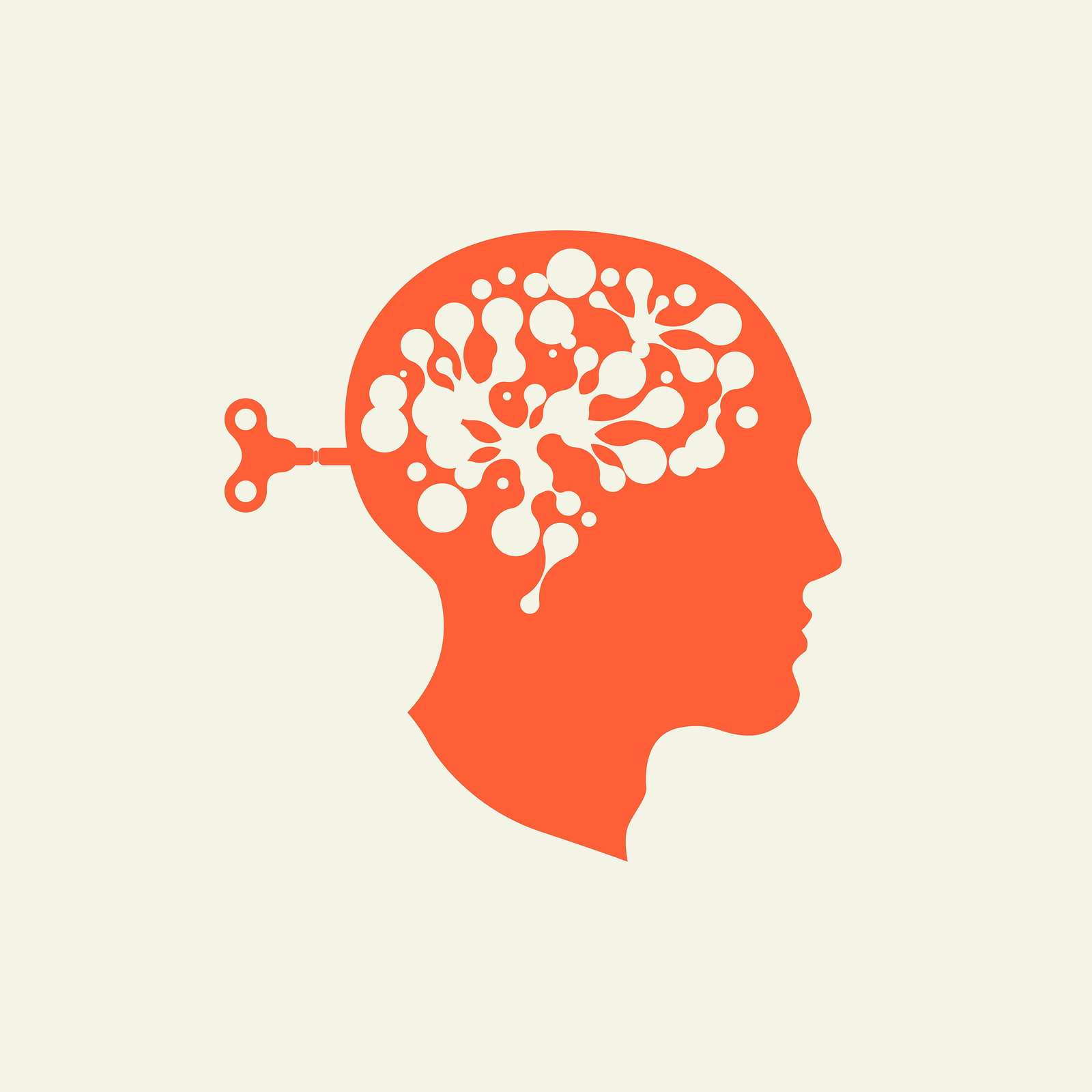Sleep and Healthy Aging
First, dear retiree, I will attempt to convince you how important sleep is to your brain and body.
Poor Sleep Affects Your Brain

How well we sleep can have a significant effect on our bodies. Our heart, lungs, immune system and metabolism all depend on the power of this single activity. It is the brain however that both regulates and relies heavily on our sleep habits.
With little or no sleep, our mind struggles to function at optimal levels, especially while we are aging.
Scientists indicate that after 19 to 20 hours of no sleep, we increase the risk for these ten things to happen in our brain. How on earth do Resident Physicians, in training, work long long shifts at hospitals? Just wondering...
Brain Damage
Although you might think your decision to forgo sleep will only create temporary problems, Swedish researchers found that long-term sleep problems can lead to some degree of neural injury and even contribute to brain shrinkage.
Memory Problems
Poor sleep patterns can impact your ability to focus AND remembering even the most basic of information during your waking hours. Our ability to process even the most basic information can become cumbersome task overtime and ultimately, we struggle to navigate even the simplest of situations.
This already happens as we age, but lack of sleep can make your memory even worse. Without sleep, everything we learn or do during the day is at risk of being lost.
Poor Hand and Eye Coordination
If you are struggling with sleep deprivation, this might not be the time to engage in activities that will require hand and eye coordination. Sleep deprivation can have an impact on your primary motor skills functions, making some events awkward in execution.
Your Alertness and Reaction Time
WebMD reports that without adequate sleep, our ability to respond or react sharply decreases by as much as a whopping 32%.
It’s no wonder that so many accidents occur as a result of fatigue. According to Mayo Clinic, simulation tests demonstrate that sleep-deprived people perform hand-eye coordination tasks as badly as or worse than intoxicated people.
Your Decision-Making
Our ability to make well-thought-out decisions is limited because of poor sleep habits. I already wrote about anxiety and insomnia, and you know if you are in the pits of anxiety, you are thinking in circles.
Affects Your Mood
Poor sleep changes the chemicals in your brain which controls your mood, leaving you irritable even in the most basic of situations. Also, lack of sleep can lead to feelings of depression due to changes in serotonin levels.
Anxiety
Poor sleep can leave you feeling anxious. Researchers have discovered that people with insomnia are 17 times as likely to have anxiety than those who can achieve the recommended hours of sleep (National Sleep Foundation).
I deal with many anxious retirees -- wonder how sleep would help these folks?
Depression
Not only are you at risk for feelings of anxiety but depression as well. Individuals who have poor sleep health are 10 times as likely to experience clinical depression. Seriously? Ugggg....
Sadly, the more often you experience insomnia, the higher your risk of developing depression according to the National Sleep Foundation.
Your Creativity
The amount of sleep you get each night may affect your levels of creativity. Studies demonstrate that those who sleep enough can think outside of the box and generate new ideas easier.
Your Feelings of Hunger
When your brain does not receive enough sleep, your mind may trigger feelings of hunger within your body, causing you to overeat or crave fatty food. This action, in turn, may contribute to obesity in some individuals.
Your Feelings of Fatigue
While it may seem only natural that your body will feel tired as a result of not getting enough sleep, the serotonin levels in your brain may further increase these feelings of exhaustion.
Poor Sleep Affects Your Body

Poor sleep habits can wear our bodies down over time if we are not careful. As we are aging, we need to watch our mental and physical health more than ever to live the long retired life we want to live!
Here are some ways poor sleep affects your body.
Heart Disease
The American Heart Association cites an irregular sleep pattern as being the trigger for multiple cardiovascular problems.
If you achieve less than six hours of sleep per night, you are at an increased risk for cardiac problems down the road. For one thing, those suffering from sleep deprivation have higher levels of stress hormones and inflammatory substances in their blood which contributes to heart disease.
Obesity
Those who sleep for shorter periods of time are more likely to snack more often and eat more food. According to the Harvard Medical School, you are also more likely to shy away from healthy vegetables and protein and lean more towards fatty foods and sugar. Then, add fatigue and the desire to exercise flies out of the window.
High Blood Pressure
If you are experiencing blood pressure problems and sleep issues, you may want to seek the attention of a sleep specialist to rule out sleep apnea. Sleep apnea can also contribute to high blood pressure, increasing your risk of heart attacks and strokes.
Type 2 Diabetes
Our bodies react to sleep loss in many ways, but nothing is more amazing than on how this affects insulin production. Not sleeping well can increase your risk of developing diabetes (WebMD).
When we are too tired to prepare healthy meals, we often eat foods that can cause our sugar levels to rise rapidly.
When we don’t sleep, our body isn’t always clear about what it should be doing with the insulin. This confusion contributes to the mediocre production of insulin or insulin resistance.
Poor Immunity
Poor sleep habits can harm your immune system, leaving you susceptible to viruses and germs that trigger illnesses. Your body requires sleep for time to recover and heal itself.
How Much Sleep Do You Need?
In March 2015, the National Sleep Foundation came up with some guidelines on how much sleep that people, of different ages, should be getting.
The recommendations were for healthy people with normal sleep patterns. Older adults should try to get 7 – 8 hours of sleep.
The truth is that sleep is complex. The “magic” number of sleep that you have probably heard the most is “eight hours.”
If you asked a stranger how much sleep you require, it would be easy for him to tell you “eight hours.” However, the fact is that this stranger knows nothing about you – about your lifestyle, your daily activity, your stresses. It would be like you trying to determine how many calories the stranger across the street should be consuming without you knowing if she exercises, if she is muscle building, or if she is pregnant.
With that in mind, it makes more sense to monitor how you feel, and determine what sleep duration is best for you. You can monitor things like:
How long it takes you to fall asleep – If you fall asleep as soon as your head hits the pillow, then you may need more sleep. If it takes you a long time to fall asleep, then perhaps you are sleeping too much.
Does your body wake up before your alarm? – Your body knows when it is time to wake up. Your internal clock is much wiser than any alarm clock will ever be... and since we no longer work, we can go to sleep and wake at the times that work best for us.
I've never used an alarm. I don't know why... I just wake up, earlier when I worked, a bit later now... weird.
How do you feel during the day? – If you are struggling to keep your eyes open, then you may need more sleep. If you are able to stay awake and alert, then the amount of sleep you got is probably fine.
By monitoring these things, it can help you adjust your schedule accordingly, so that you get the desired amount of sleep you need.
Add Your Two Cents here!
Do you have something to share about this?
